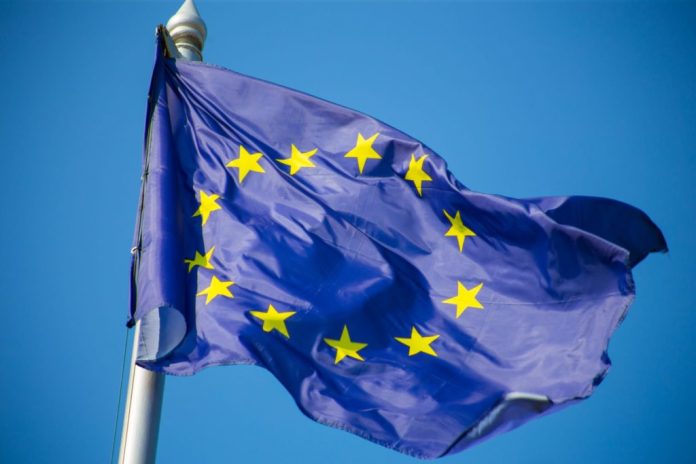by InTrieste
The European Commission has unveiled a new 30-step strategy urging households across the European Union to prepare a three-day survival kit in case of a national crisis. The initiative, part of the Commission’s newly announced Preparedness Union Strategy, aims to bolster resilience in response to potential emergencies, including war, natural disasters, and hybrid threats.
The proposal draws from recommendations by former Finnish President Sauli Niinistö, who has advocated for a broad definition of security that extends beyond military defense.
The strategy outlines 30 key actions for member states to implement within the next two years. These range from monitoring risks associated with natural disasters and hybrid threats to preparing for the possibility of armed conflict.
One of the primary recommendations calls for national governments to encourage citizens to adopt practical measures, including maintaining essential supplies to sustain themselves for at least 72 hours in the event of an emergency.
The proposed survival kit would include bottled water, non-perishable food, basic survival equipment such as flashlights and matches, and a waterproof pouch for essential documents. In addition to household preparedness, the Commission urges governments to reinforce critical national infrastructure, including healthcare, water supplies, and telecommunications, to withstand potential disruptions.
Among other proposed actions, the strategy suggests establishing a European cybersecurity alert system and introducing a national preparedness day to foster coordination among civil services, businesses, the EU, NATO, and member states.
The Commission is also considering the feasibility of an EU-wide Preparedness Law, though it remains unclear how binding its provisions would be. Additionally, Brussels plans to reassess financial instruments allocated for crisis response to ensure they address the evolving nature of disasters affecting both the EU and its partner countries.
The proposal reflects a shift in the EU’s approach to crisis management, emphasizing proactive measures over reactive responses as Europe navigates an increasingly complex security landscape.





























